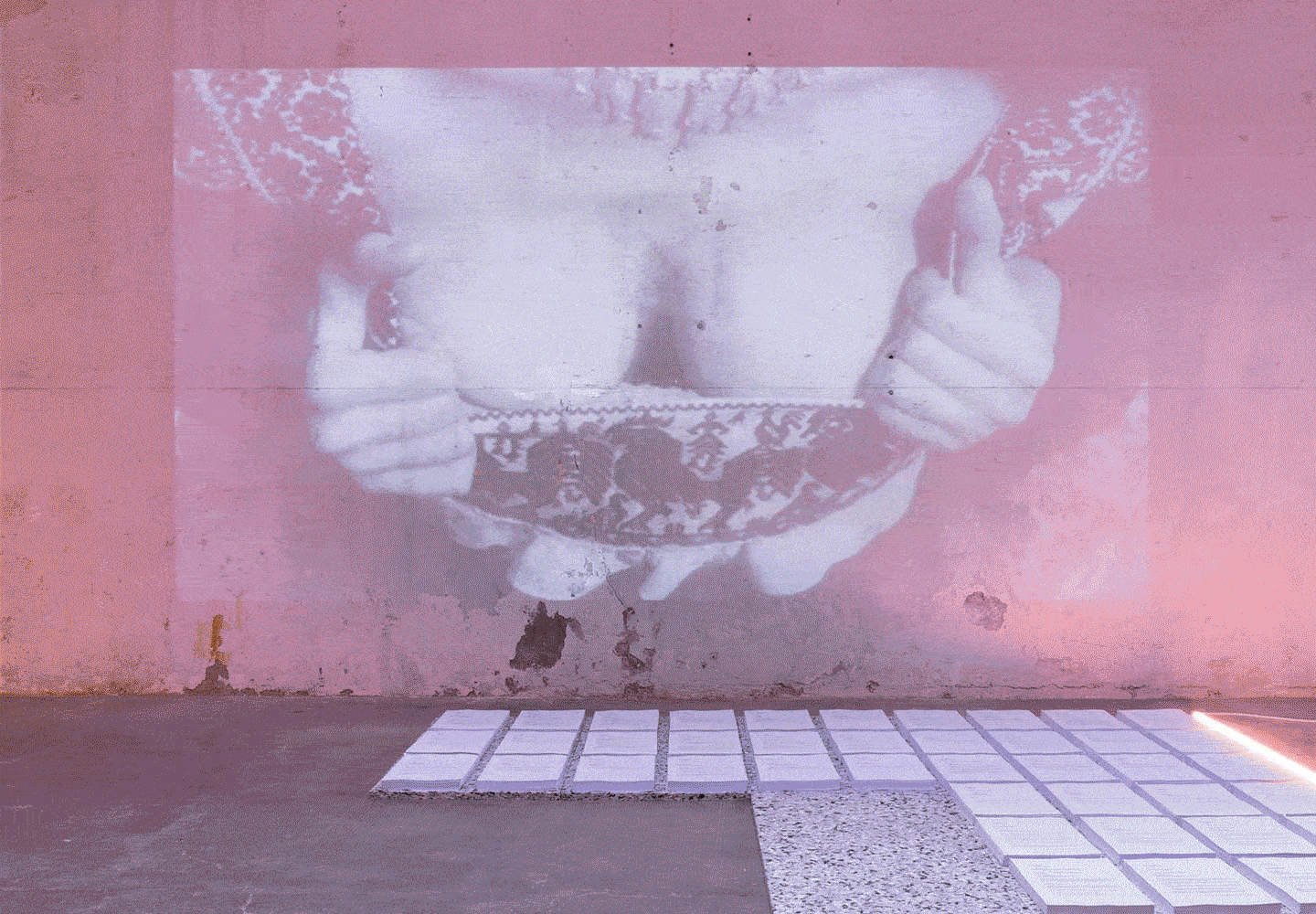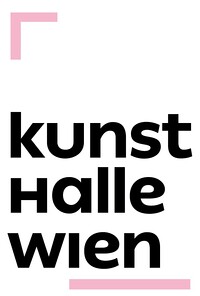November 29, 2023–April 14, 2024
Museumsquartier, Museumsplatz 1
1070 Vienna
Austria
Hours: Tuesday–Sunday 10am–6pm,
Thursday 10am–8pm
With: Nina Beier, Misleidys Castillo Pedroso, Lucia Dovičáková, VALIE EXPORT, Bruno Gironcoli, Elisa Giardina Papa, Andrea Éva Györi, Trulee Hall, Monia Ben Hamouda, Šejla Kamerić & Aleksandra Vajd, Maria Lassnig, Claudia Lomoschitz, Tala Madani, Sarah Margnetti, Radha May, Marlie Mul, OMARA Mara Oláh, Abdul Sharif Oluwafemi Baruwa, Laure Prouvost, Christina Ramberg, Adam Rzepecki, Toni Schmale, Maja Smrekar, Mariya Vasilyeva, Dorottya Vékony, Marianne Vlaschits, Rafał Zajko, and others
Curator: Laura Amann
Curatorial support: Hannah Marynissen (assistant curator) • Hana Čeferin, Anyla Kabashi and Lara Mejač (curatorial interns)
The group exhibition Darker, Lighter, Puffy, Flat looks at the meaning of the human breast in culture, society, and art history. It brings together international and local artists, new commissions, and previously exhibited works that (in one way or another) explore the breast, the tensions and conflicts it creates, but also its sensuality and its playfulness.
Breasts—especially women’s—are in many ways omnipresent in our lives: in advertisements, the portrayal of women in films and video games, and casual references in all kinds of conversations.
But why do they still seem to be the subject of so much scandal and dispute? In a society where we face so many urgent, manmade humanitarian and ecological catastrophes of devastating proportions, why is it that a bare nipple has the power to disrupt algorithms, scandalize onlookers, or be deemed worthy of a lawsuit? Why is being topless at the swimming pool regarded as unseemly for some and others not? Why is it offensive to breastfeed in public, or (beware!) to breastfeed an animal? Why is it newsworthy to have or want bigger breasts, smaller breasts, or no breasts at all?
Why are we still talking about boobs?
Breasts embody a striking duality as both symbols of nurturing motherhood and the eroticized female body. This dichotomy gives them considerable influence in shaping our perceptions of gendered bodies. Darker, Lighter, Puffy, Flat investigates the historical and, more specifically, art-historical gaze upon breasts; in recent times they have undergone a transformation from innocuous religious symbol to a secularized and sexualized object.
As the title of the exhibition suggests, breasts as well as nipples come in a variety of forms: some larger, some smaller, some flatter, some darker, some lighter. For some they are a source of shame and unease; for others they are something to proudly display in public. Whatever our individual experiences—we all have them.
Darker, Lighter, Puffy, Flat examines how radical, queer, feminist discourses—discussions surrounding top surgeries, including breast enhancement and removal—are marked by their historical implications, too. In a world where certain bodies are not meant to exist, their visibility is an act of resistance but also of exposure. The proud display of nipples and breasts of all shapes, sizes, and colors is an act of normalization but potentially also of sexualization or objectification.
Our reality is such that the (predominantly female) breast has time and again been fetishized to an extent that it could easily be said, from a contemporary perspective, to be reductionist; revealing of patriarchal, heteronormative narratives of domination; and ultimately simply ridiculous. So perhaps what remains to be asked, in a world where pornography is readily at hand and the promise of pleasure can be bought, is: What is still, or could again be, erotic?
The exhibition project Darker, Lighter, Puffy, Flat is kindly supported by the Danish Arts Foundation, the Italian Council (2023), Directorate-General for Contemporary Creativity, Italian Ministry of Culture, Flanders State of the Art, and Slowenisches Kulturinformationszentrum SKICA, Vienna.
Stay connected: please check our website for regular updates on our program.
Press contact: Katharina Schniebs, T +43 1 521 89 221 / presse [at] kunsthallewien.at


